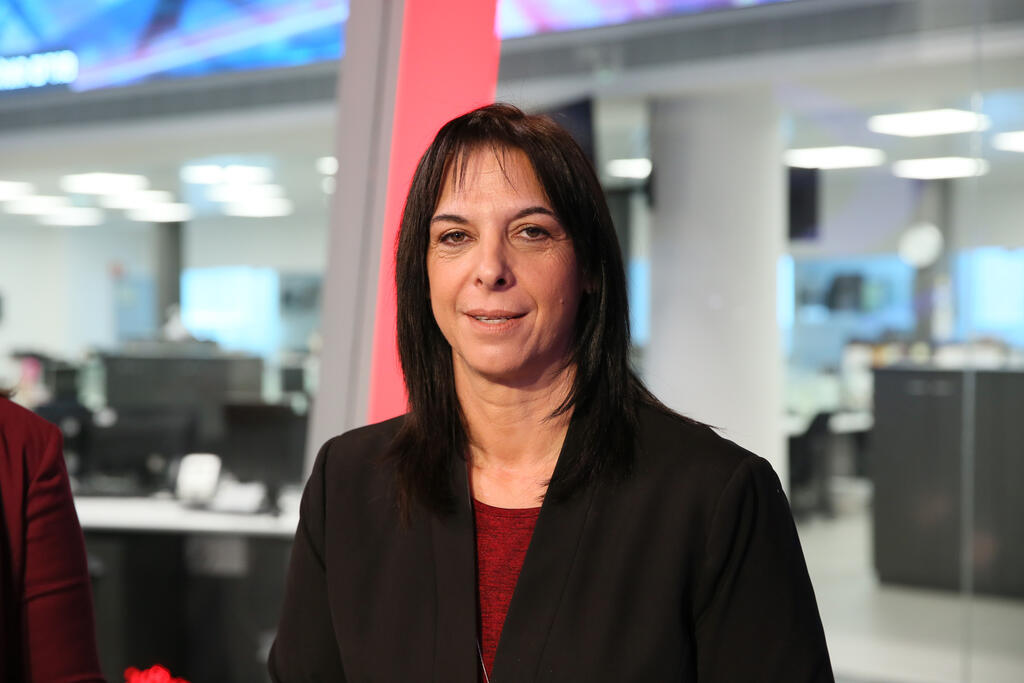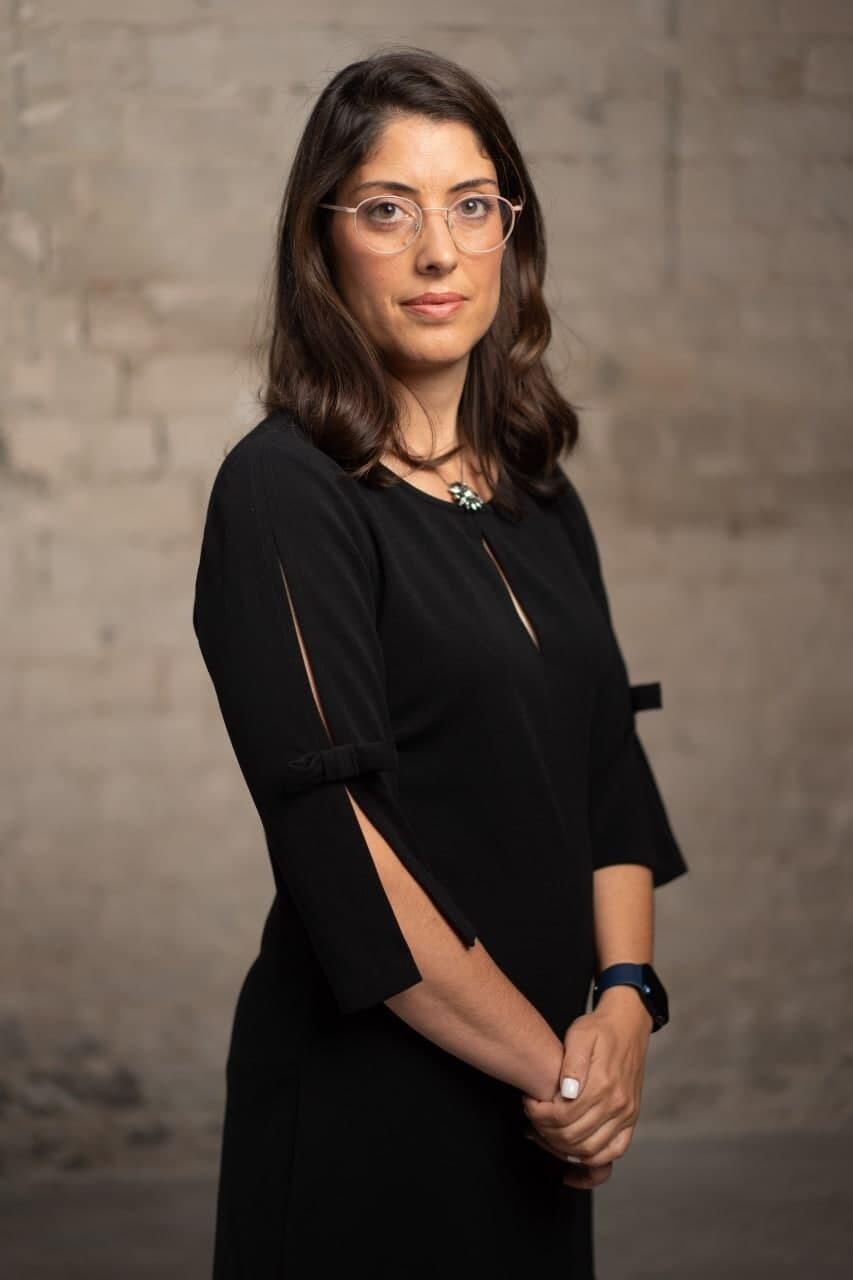In the former government, nine female CEOs served across different government ministries. Sigal Moran was one of them, serving as director-general at the Ministry of Welfare. Despite her commendable performance in the ministry, she was forced to step down without being allowed a smooth transition of responsibilities when the new government and a new government minister took over.
Read more:
Reflecting on the experience, she stated, "When it happened, I didn't attribute it to being a woman." However, upon observing the trend in other government ministries, she acknowledged: "Only in retrospect when I saw the trend in all the other government ministries, I said, 'Well, this is also the case here.'"
Currently, there are only two women out of 34 director-generals in the government ministries. According to Moran, this lack of female representation in decision-making rooms is causing a significant deficit in overall vision.
She expressed concerns about the quality of decisions being compromised due to the limited female presence.
Moran criticized the current government. "This government is operated by messianic people who want to turn us into a conservative, religious state in which, according to its perception, women's place is not in these places."
The Israeli government of 2023 presents a disheartening outlook with regard to female representation. Out of the 32 ministers in the government, only six are women, which is less than 20%. The ministerial committee for fighting the cost of living has 14 ministers, all but one are men.
When it comes to the Security Cabinet, there is one female minister among nine overall, and in the committee of ministers for legislative affairs there are two female ministers out of nine. Even in the Ministerial Committee for the Advancement of the Status of Women women remain a minority, with six female representatives and eight men.
3 View gallery


Sigal Moran was unceremoniously ousted as director-general of the Welfare Ministry when the new government took over
(Photo: Yaron Brenner)
Col. Maya Heller, chair of the executive committee of Forum Dvorah, an NGO for the advancement of Women In Foreign Policy and National Security, emphasized the gravity of the issue.
"The absence of women from key positions is a serious injury to the women's community in Israel and to the public as a whole. The message conveyed by this to women is that they are not citizens with equal rights. Beyond that, a situation has arisen where there is no one to represent the women's voice."
The women's lobby has lamented the situation, saying that not only is it morally unjustifiable to reduce the involvement of women in public affairs to this extent – it's downright illegal. "The duty of adequate representation is firmly established in legislation, Supreme Court rulings, international treaties, government decisions and the instructions of the Attorney General," an official explained.
This prompted the women's lobby, Forum Dvorah and other women's organizations to petition the Supreme Court to rule on the issue.
According to the SIGI (Social Institutions and Gender Index) report, which was published for the first time in Ynet and sister publication Yedioth Ahronoth approximately two months ago, Israel was ranked last in terms of gender equality compared to other OECD countries. Subsequently, the Global Gender Report of the World Economic Forum was released, revealing that, within just one year, Israel's position in the index had dropped 23 places, ranking it at 83rd.
Hilla Haddad Chmelnik, who previously served as director-general of the Ministry of Science and Technology, emphasized the crucial role of a critical mass of women in the forum of director-generals of government ministries. "If there is not a critical mass of women in the forum of director-generals of government ministries, the policy will be accordingly," she said.
Haddad Chmelnik expressed concern that "progress made in promoting gender equality could regress rapidly, impacting the credibility of messaging aimed at inspiring young individuals when actions do not align with the words spoken."
Hagit Pe'er, the chairman of Na'amat, Israel's largest women's rights movement, pointed out that not only have no measures been taken to reduce gender gaps, but actions that could harm the status of women have been promoted. These measures include expanding the powers of the rabbinical courts and eliminating the Authority for the Advancement of the Status of Women.
Pe'er expressed concern about the increasing harm to women since the government's swearing-in. "In the public sphere, there is a trend of women simply fading away," she said.



